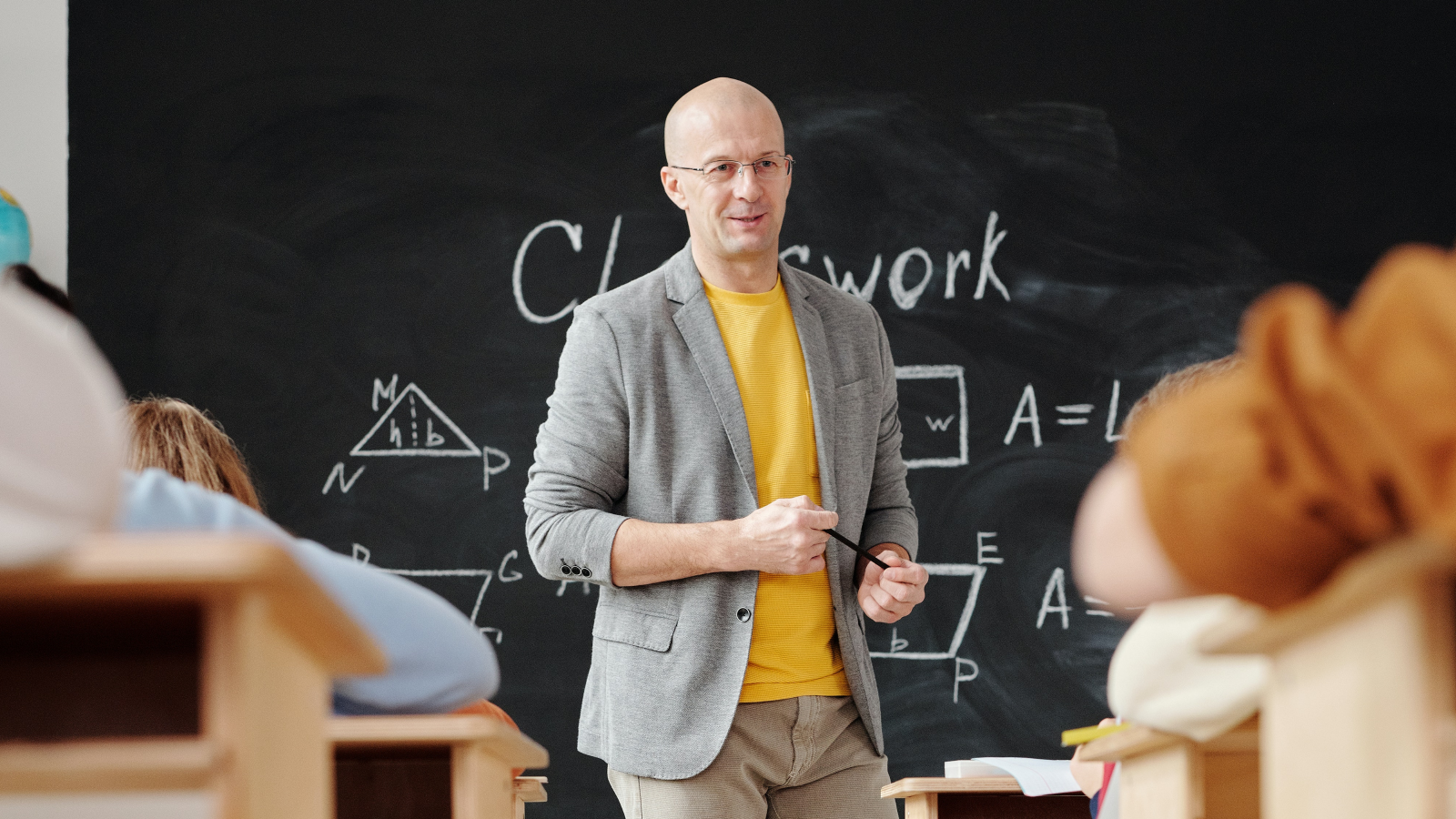
We know from research that, contrary to the strong arguments put forward for one approach to teaching mathematics or another on the programme, there is no one best way to teach mathematics.
In our work and research, we look at mathematics teaching and assessment across the world and see a wide range of techniques being used. And although we shouldn’t flinch from memorisation based on understanding, as part of a wider curriculum of learning it is dangerous for the wide range of learners we have in our schools to be taught in one way only. Most effective teachers use rote learning, realistic problem-solving and other approaches. As we saw in the clip on the programme of a classroom teacher, they use these approaches strategically at different times, for different purposes.
The Government also has a part to play, as Associate Education Minister Jan Tinetti recognised in the programme. For some years, we have seen limited national policy leadership in mathematics education and the Ministry of Education hasn’t set specific expectations for mathematics teaching. And although the New Zealand Curriculum has mathematics guidelines, and the likes of nzmaths.co.nz have plenty of great resources, the curriculum is intentionally a flexible tool. Our teachers are given space to use their own professional judgment to plan, select resources and design learning sequences within primary levels.
One thing we’d like to see in the curriculum refresh currently under way is a concentration on the human aspects of mathematics, such as why and how mathematics tools we use today were created. We also want to see more descriptive detail at each level of the curriculum.
Another thing the Q + A discussion touched on was the value of professional development. It is important in terms of keeping teachers informed and aware of cutting-edge practices, and it can be great, but right now teachers are being given mixed messages about what works well for learners. As Tinetti noted, there have been three different programmes of teaching and learning in mathematics promoted over the past 20 years.
One of the unintended consequences of these contrasting messages in professional development is the potential undermining of teachers’ confidence when, following advice from ‘experts’, they change a teaching technique that may have been working well. Initial teacher education, research and professional development were once much more dovetailed, with people going to schools advising, and teaching and researching in that space. But we no longer have as much crossover.
Although teachers were not directly criticised on Q + A, comments from the public in response to the programme show that, for some New Zealanders, teachers are not always respected for the knowledge they have. It’s important to clarify that entrants to most ITE primary teaching programmes have been assessed as meeting at least an NCEA Level 1 equivalent standard of numeracy, and all at Te Herenga Waka—Victoria University of Wellington have at least a Bachelor’s degree.
There are two other important points to make about ITE, which received considerable negative attention in the programme. First, that our ITE programmes prepare primary teachers to teach all age groups from years 1 through 8 and teach every learning area within that programme. Second, that when they complete an ITE programme, teachers are not fully registered until after an assessment completed at least two years into their teaching. Full preparation for teaching is in fact a three-year programme, with two of those years being completed in schools.
Another thing that impacts our mathematics learners is something touched on in Q + A: there is a less than ideal societal attitude towards mathematics that seems to make it acceptable for adults to say, “It’s okay, I was rubbish at maths.” This does not support students to have confidence they can learn mathematics. If individual schools value mathematics education and this is clear to their parents and students, and parents and community also get on board, this will create a culture in which mathematics achievement is even more desirable and possible.
Finally, we want to touch on a very important fact of education in Aotearoa New Zealand today - socio-economic inequality here is significant and has been for the entire 20 years over which the achievement dip (statistically significant or not) has occurred. We need to address how to teach our curriculum with equity at its heart, so every learner, no matter their background, gets the most out of it.
We don’t believe our education system is failing our students. We have high quality ITE that links to the Teaching Council’s standards, and our teachers are doing a better and better job to keep results statistically within a similar range. There is a lot of great teaching practice in our schools and we need to make sure every student has the best possible opportunities to learn.
Although it was great to see this programme focused on mathematics teaching, learning and achievement, there is a lot more to be discussed and decided than pedagogy alone for us to make strong shifts in results.
Associate Professor Robin Averill and Dr Linda Bonne are both mathematics education lecturers and researchers in the Wellington Faculty of Education.
Read the original article on Newsroom.
